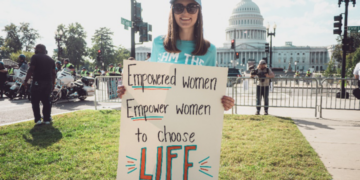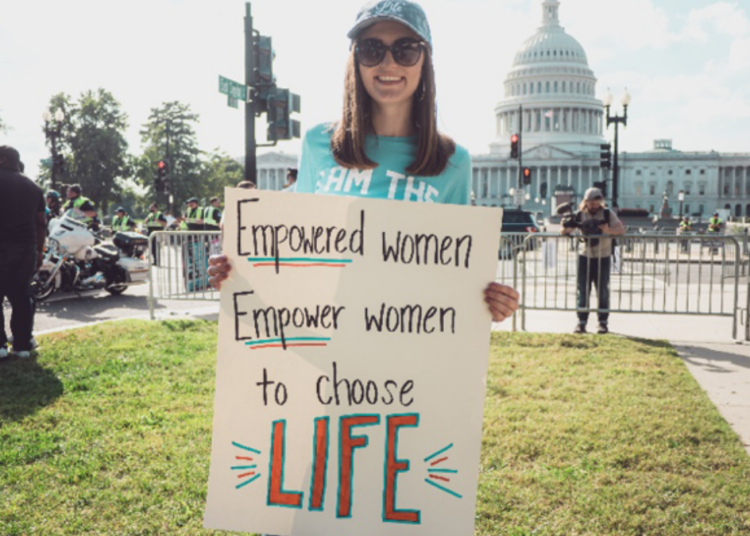As abortion policy and politics continue to evolve in the post-Roe era, it is crucial to prioritize support for women facing unplanned pregnancies. The pro-life movement has always recognized the importance of providing assistance to women in need, and this should remain at the forefront of legislative policy debates and political strategies. One such bill that deserves bipartisan support is the Providing for Life Act introduced by Rep. Ashley Hinson.
Hinson’s bill, sponsored by Sen. Marco Rubio, focuses on building a culture of life by providing comprehensive support to mothers and children at all stages, including after birth. It establishes a public-private partnership that connects vulnerable women to pregnancy resource centers and other aid, empowering them to choose life for their babies and avoid the tragedy of abortion.
Research shows that a significant percentage of women who have abortions would have carried their pregnancies to term if they had greater emotional or financial support. Many women feel trapped, unsupported, or coerced into making the decision to abort, even when it violates their own values and preferences. Hinson’s bill aims to reach these women by ensuring that they have access to the resources and assistance they need.
Key components of the bill include the establishment of a federal website called Life.gov, which serves as a clearinghouse for available assistance, as well as enhanced parental leave, tax credits, expanded eligibility for low-income mothers, and programs offering mentoring, peer support, and adoption services. By providing information about the support that is available, more women will feel empowered and supported in their decision to choose life.
This suite of policies not only offers authentic empowerment to women but also aligns with public opinion. Polling shows that a majority of Americans, regardless of political affiliation, support public funding for pregnancy resource centers. The bipartisan consensus on the importance of helping women is evident in the high levels of support for these centers.
It is crucial to prioritize this type of “pro-life safety net” legislation in the post-Roe era. By assisting women who are seeking abortions they do not want, we can make a meaningful impact and change hearts and minds. These policies not only provide the necessary support for women but also lay the groundwork for future legislation that protects both women and children.




















Discussion about this post